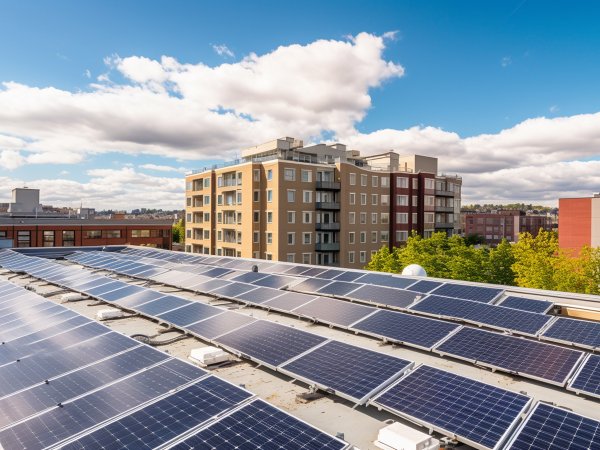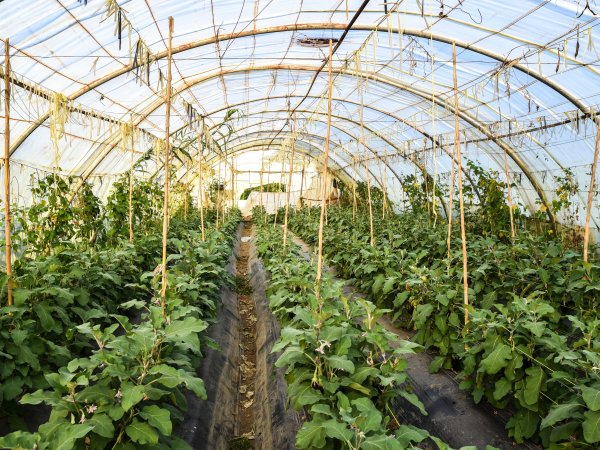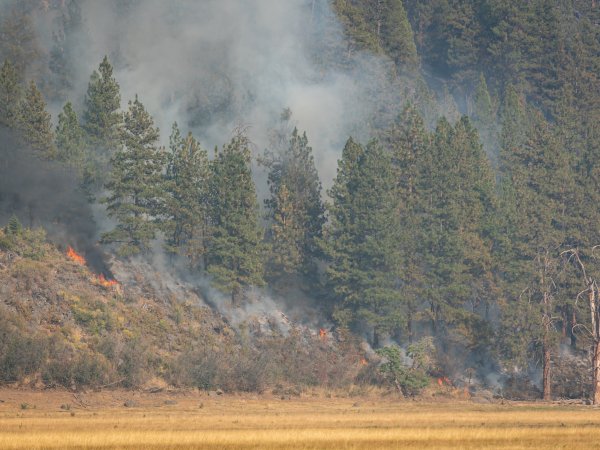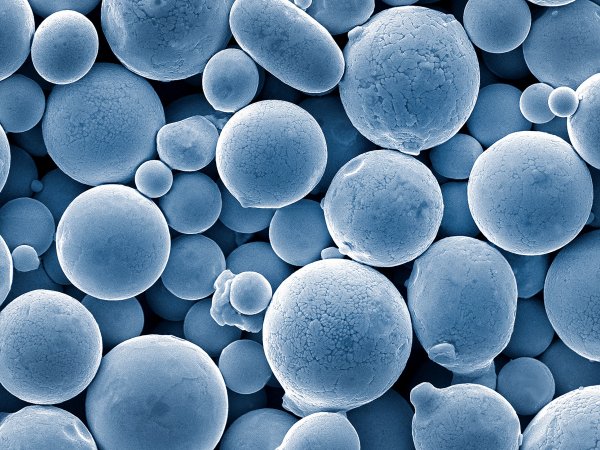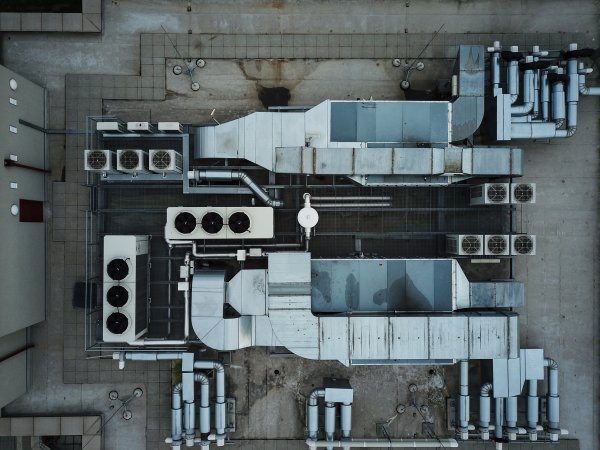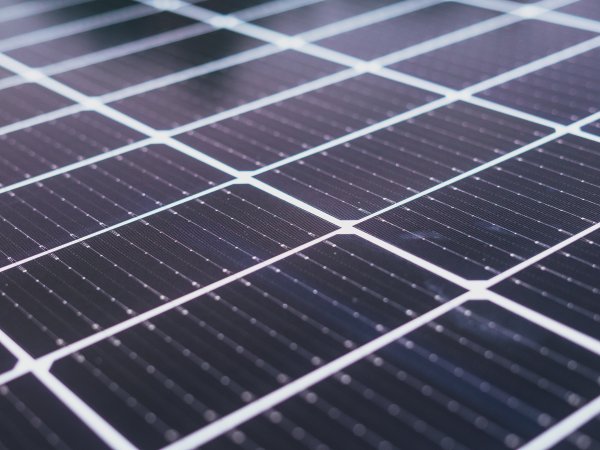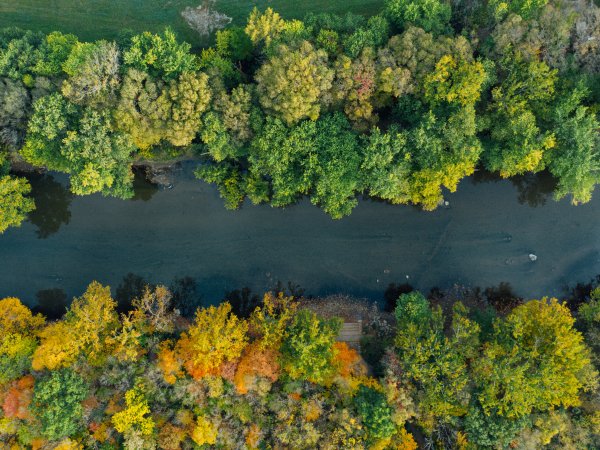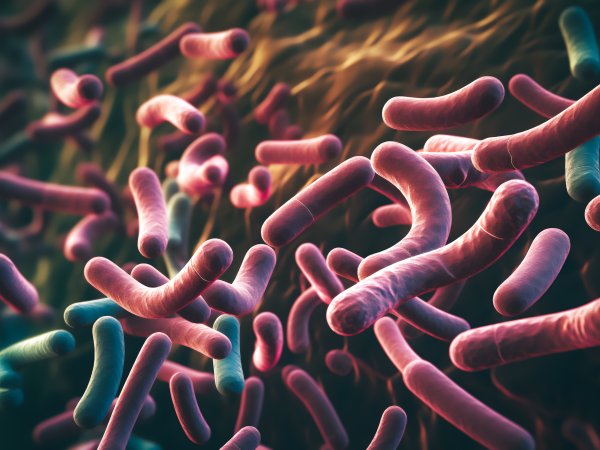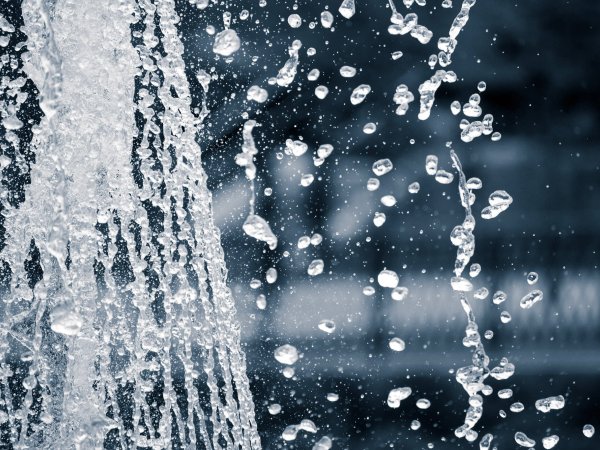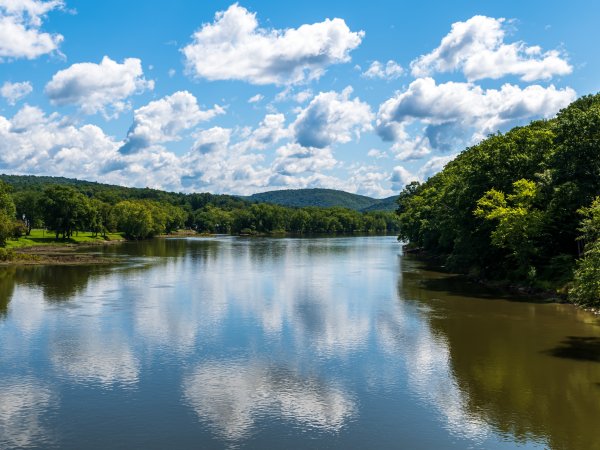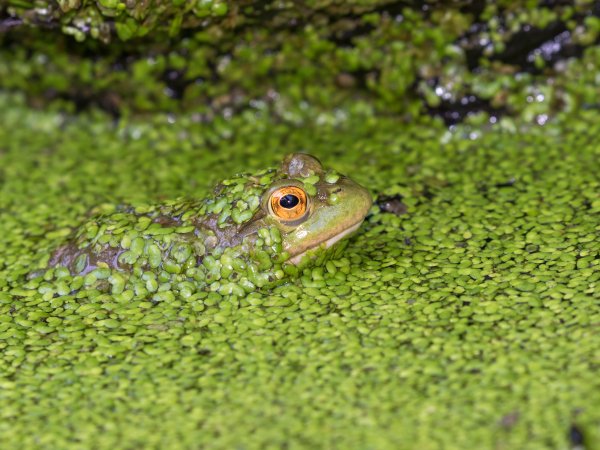Funded Projects
The following 19 projects were awarded seed grant funding in the 2016 IEE Seed Grant Program.
Accurate Prediction of Soot Emissions and Morphology in Turbulent, Fuel-Flexible Combustors
A team of researchers is developing new models for predicting soot formation in turbulent flames to improve the design of combustors and engines with the goal of improving air quality and reducing public health risks.
An Integrated Platform for DC Microgrid Data Acquisition and Stationary Energy Storage System Optimization
A research team is developing a framework for optimizing the configuration, sizing, and management of energy storage systems in smart buildings and microgrids.
Capacitive Desalination for Agriculture Using Biochar
A research team is developing a new method to desalinate water using biochar, which could be used to improve agricultural productivity in arid regions.
Characterizing Mechanisms of Rapid Fire Spread under Low Wind Speed Conditions That Lead to High Intensity/Severity Fire
A research team is using high-resolution atmospheric modeling to study the factors that contribute to rapid wildfire spread under low wind speeds in mountainous terrain.
Collecting and Characterizing Saharan Dust and Associated Pathogens for Evaluating Disease Risk across the Meningitis Belt and Cape Verde
A research team is studying the links between air pollution and respiratory disease in West Africa, where Saharan dust and biomass burning aerosols are common.
Composition, Morphology, Size, and Agglomeration of Nanoparticles in Indoor Air
Researchers are studying the composition, morphology, and size of nanoparticles in indoor air to better understand their health effects and how to mitigate them.
Development and Benchmarking of a Full-Scale Desiccant Dehumidifier Prototype Utilizing Microwave for Desiccant Regeneration and Inactivation of Airborne Microorganisms
A research team is developing a microwave-powered desiccant dehumidifier that could save energy and improve indoor air quality.
Development of Dynamic Controlled Nano-Membranes for Water Purification
A team of researchers is developing a new type of nanoporous membrane with highly uniform pore sizes that can be used to filter wastewater and remove contaminants, with the goal of improving the treatment and recycling of wastewater.
Development of Semi-Solid Ion Conductors for Safe, High-Performance Energy Storage Devices
A team of researchers is developing new semi-solid composite ion conductors with tunable functionality and morphology, with the goal of enabling the development of safe, high-performance lithium metal batteries.
Examining the Healthy Parks Criteria Tools & Informing Baseline Indicators of Health
A team of researchers from Penn State is working with the National Park Service to develop a new way to measure the impact of parks and protected areas on environmental and societal health.
High Efficiency Sn(S,Se) 2 /Crystalline Silicon Tandem Photovolatics
A team of researchers is studying the properties of a new type of solar cell material that could make solar panels more efficient and cost-effective.
Leveraging Rapid Advances in Computer Science to Feed the World and Preserve the Environment
A team of researchers at Penn State is using machine learning to develop an app that can diagnose plant diseases using images taken on a smartphone.
Linking Genotype, Phenotype and Environment to Understand Adaptation to Climate in Forest Trees
A team of researchers at Penn State is studying how northern red oak trees are adapted to different climates, in order to help predict how they will respond to climate change.
Mapping and Measuring Forests and Wetlands with a UAS-Based Lidar/Multispectral System
A team of researchers at Penn State is using drones to collect high-resolution data about forests and wetlands, which will be used to improve land management and assess climate change.
Modeling the Host-Gut Microbiota Metabolic Interactions to Elucidate the Role of Perfluorooctane Sulfanate on Obesity Outcomes
A research team is studying how exposure to the environmental contaminant PFOA can disrupt the gut microbiota and lead to obesity and metabolic syndrome.
Novel Analytical Methods for Groundwater Quality Analysis Near Shale Energy Sites
A team of researchers is developing a new analytical method to detect a wide range of compounds in groundwater samples, with the goal of better understanding the environmental impacts of shale energy development.
Sediment Record of Anthropogenic Changes in the Upper Allegheny Watershed
A team of researchers is using sediment cores to study the accumulation of contaminants from oil and gas wastewater in river and lake sediments, with the goal of assessing the risk to human health and the environment.
Sustainable Biofuel Production from Ecological Wastewater Treatment Systems: Maximizing Starch Content and Carboxylic Acid Production from Aquatic Plant Biomass
A team of researchers is studying how to use duckweed, a fast-growing, floating aquatic plant, to improve water quality and produce biofuels, with the goal of reducing our reliance on fossil fuels.
Unraveling Efficiency Roll-off in White Light-Emitting Diodes
A research team is developing a new method to analyze LED efficiency roll-off, which could lead to the development of more efficient LEDs.
RFP
The Penn State Institutes of Energy and the Environment (PSIEE) has identified five strategic research themes where PSIEE believes that Penn State can achieve global prominence (listed alphabetically): Climate and Ecosystem Change; Future Energy Supply; Health and the Environment; Smart Energy Systems; and Water and Biogeochemical Cycles.
PSIEE has established a Seed Grant Program to foster basic and applied research focused on these strategic research themes. Preferred activities for funding under the Seed Grant Program are:
- Development of new interdisciplinary research teams to position them for substantial external funding success
- Novel research in theme areas, especially high-risk proof of concept projects
- Demonstrated collaborations between junior and senior faculty involved in research development and mentorship
To increase the impact of the Seed Grant program and align with expanding federal opportunities, this year proposals addressing health and the environment, the water energy nexus, climate change, and the future of the electric grid will be given particular consideration; however, excellent proposals in any of the strategic themes will be considered. In addition, special consideration will be given to projects that either help translate data to knowledge to impact, and/or help make existing data collections more generally available. Additional criteria are discussed below.
Seed Grant Eligibility
All Penn State faculty members (tenured, tenure track, and fixed term) who hold an appointment of half-time or more at any Penn State location are eligible to submit a seed grant proposal as a Principal Investigator (PI). Researchers, students and staff from Penn State, Pennsylvania state agencies, federal agencies, and private industry may be included as collaborators in seed grant proposals. Please note that while most proposals are expected to include multiple investigators, there can only be one responsible PI for each application. In addition, investigators may only participate in a single proposal. New investigators will be given preference over those who may have previously received a PSIEE seed grant.
Funding Availability
Approximately $400,000 of funding is available through this seed grant solicitation for 2015-2016.
To encourage establishment of new collaborations and enhancement of networks, larger grants will require innovative partnerships of investigators from multiple colleges and/or campus locations. Funds up to $5,000 can be awarded for a single investigator project and up to $25,000 for multi college (across University Park) and multi campus (between campuses) collaborative grants. Grant funds will be available by April 1, 2016 and must be expended by June 30, 2017.
Funds can be used to support research development and coordination expenses such as:
- Graduate and undergraduate student support
- Instrumentation fees and sample analysis to collect preliminary data
- Equipment, supplies, and participant payments
- Travel associated with the conduct or reporting of seed grant research
- Hosting a research planning meeting for an interdisciplinary team
- Planning and hosting conferences and symposia
- Funding for data conversion technology and wages to support date conversion
There are several kinds of funding that is not allowed:
- Single college funding, even with several departments, is not allowed at the $25,000 level.
- Summer or supplemental salary support for faculty
- Postdoc salary
- Travel support to attend conferences
October 12, 2015
Submission Instructions
All pre-proposals must be submitted electronically to PSIEE via email to
upload.Letter_.7c0zt5i9ve@u.box.com or uploaded from http://www.psiee.psu.edu/psiee-seed-grant- program-2015 no later than 5:00 pm on Wednesday, 18 November 2015. Each pre-proposal is limited to a 1-page project description and additional pages for an appendix.
The project description must include the following:
- Title of project
- List of PI and collaborators
- Short description of the project
- Short description of how this project will leverage seed funding
- Nature of collaboration (new/existing; mentorship opportunities)
- Total funding to be requested, including short description of anticipated expenditures
The appendix will include a list of all collaborators, their colleges and/or departments, and 1-page resumes for the PI and all co-PI’s.
Timeline for pre-proposals and proposals (note, all days are Wednesdays)
Oct. 21, 2015 Webinar for pre-proposal process, 1:00 to 1:45 pm
Nov. 18, 2015 Pre-proposals due no later than 5:00 pm
Dec. 9, 2015 PIs notified of pre-proposal result; full proposals requested
Jan. 27, 2016 Full proposals due no later than 5:00 pm, Wed., Jan. 27th, 2016 1st week of March 2016 Seed Grant funding decisions announced
Review Criteria
Pre-proposal and Proposal reviews are based upon the following criteria:
- Intellectual merit of the proposal, including relevance to strategic priorities and contribution to global leadership in a prioritized theme; creativity and innovation; significance of goals and results; soundness of research plan; and likelihood of successful project completion.
- A credible and clearly articulated strategy for leveraging this seed grant investment into exceptional scholarship and/or significant external funding. Potential for additional/continued activity beyond the seed grant phase may include plans for continued activity such as applications for external support from federal, state or local government agencies, industry, private foundations, etc.; plans for continued research activities involving in-kind support, teaching activities, on-going scholarly work, etc.; plans for public engagement and outreach; and expanded implementation by external stakeholders.
- Realistic potential for developing new and productive collaborations between PIs with special consideration given to mentorship and collaborations between junior and senior faculty. Possibilities for additional activities and projects which draw upon the seed grant partnership should be specified.
- Appropriateness of the budget request for supporting the proposed research.
- Extra consideration will be given to proposals that digitize, access, utilize or archive data that are inaccessible or at risk of being lost, where that data will serve a new or existing community of scholars. Projects that develop such communities will also be prioritized.
- Extra consideration will also be given to projects that are able to take data and help leverage that into knowledge and on the ground impact. For more on this, see http://www.psiee.psu.edu/research.
Pre-proposals will be reviewed by a set of reviewers, and categorized as “Request Proposal” or “Do Not Request Proposal.” Those invited to submit a full proposal will be given additional information.
Please direct any questions regarding the proposal process to psiee@psu.edu.


